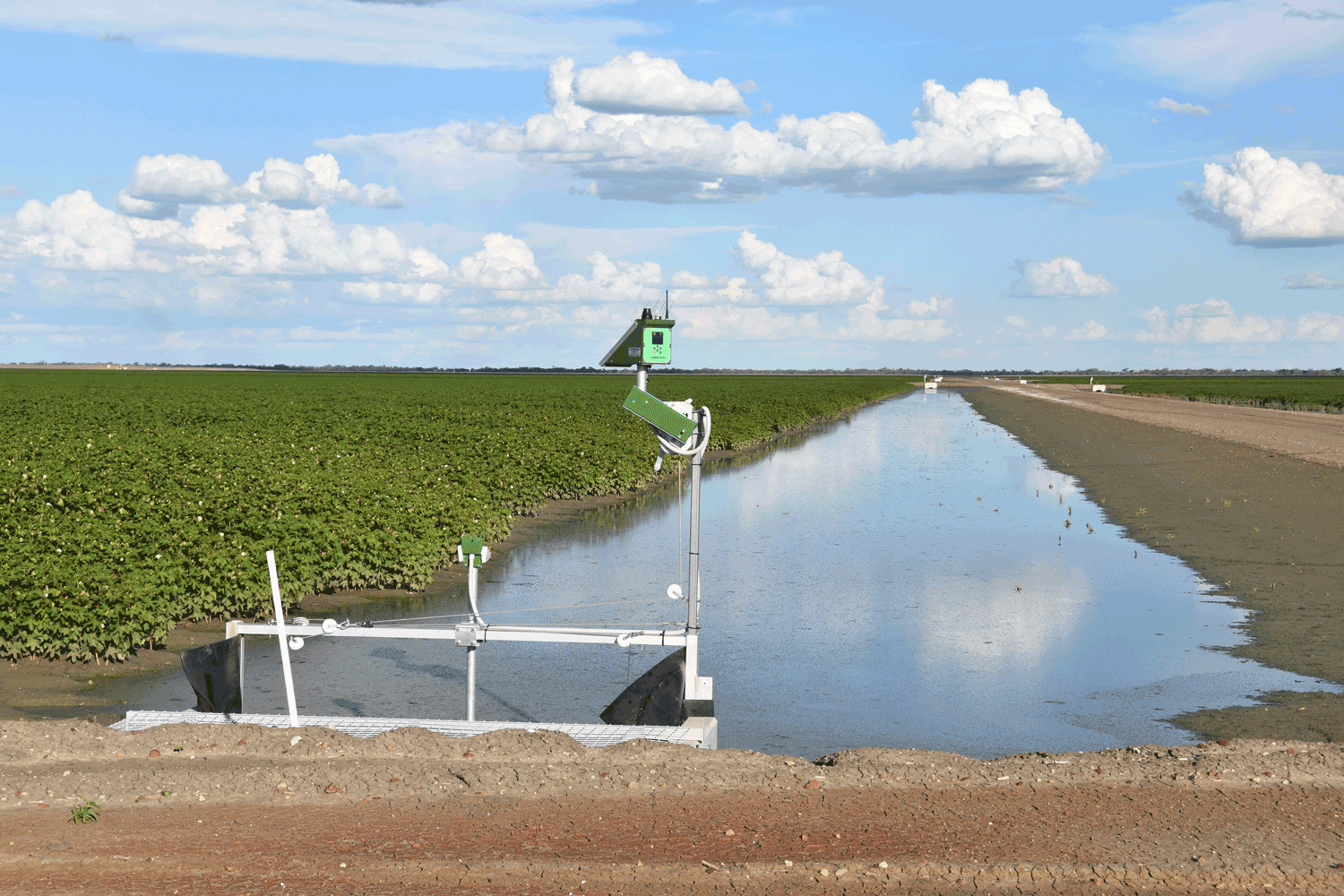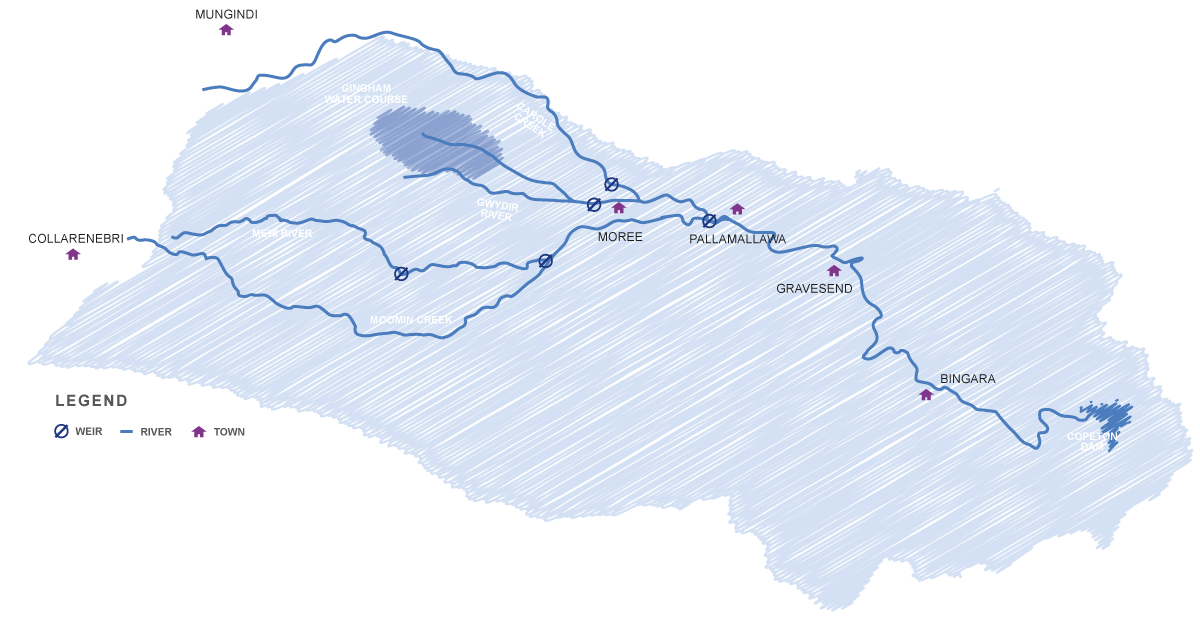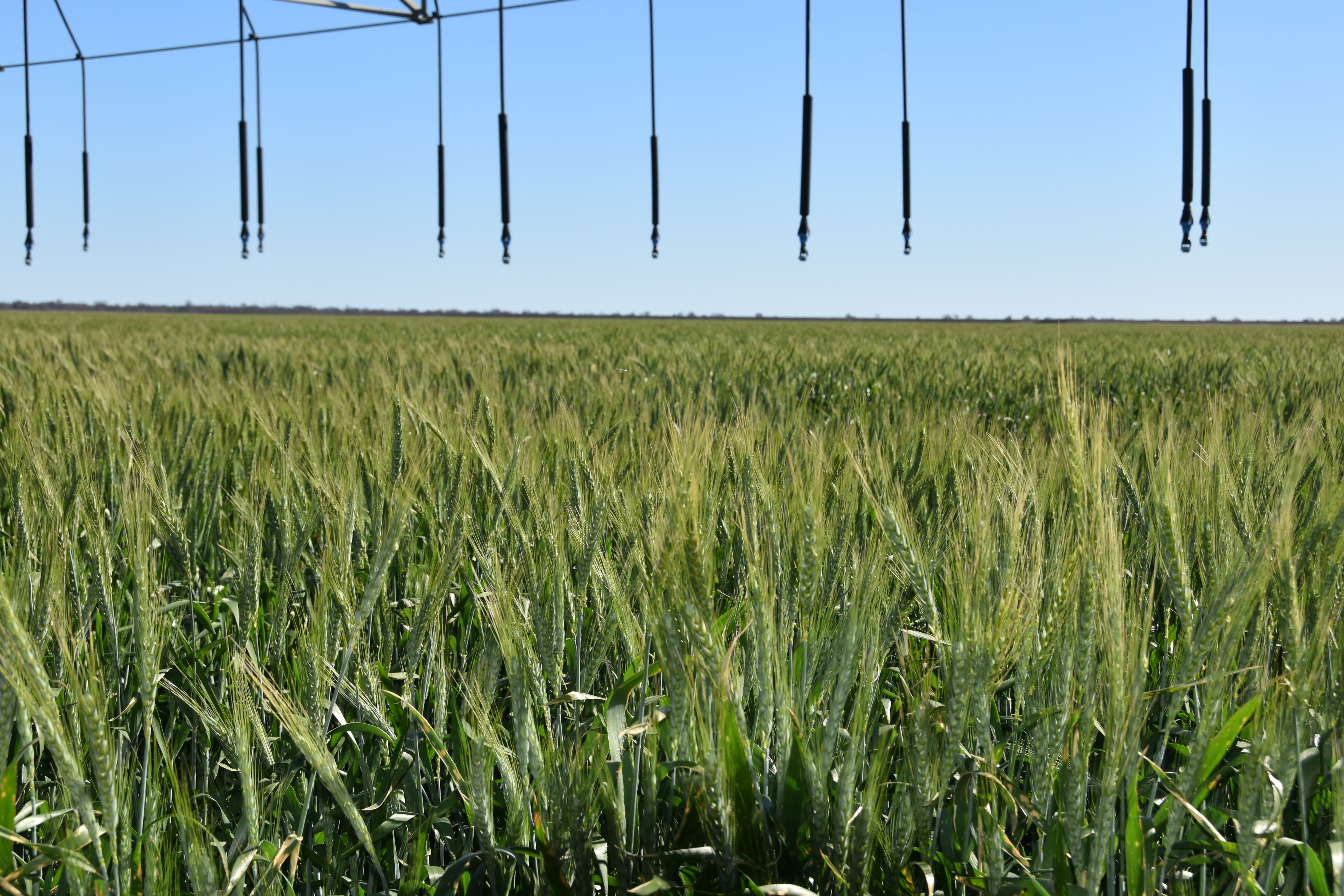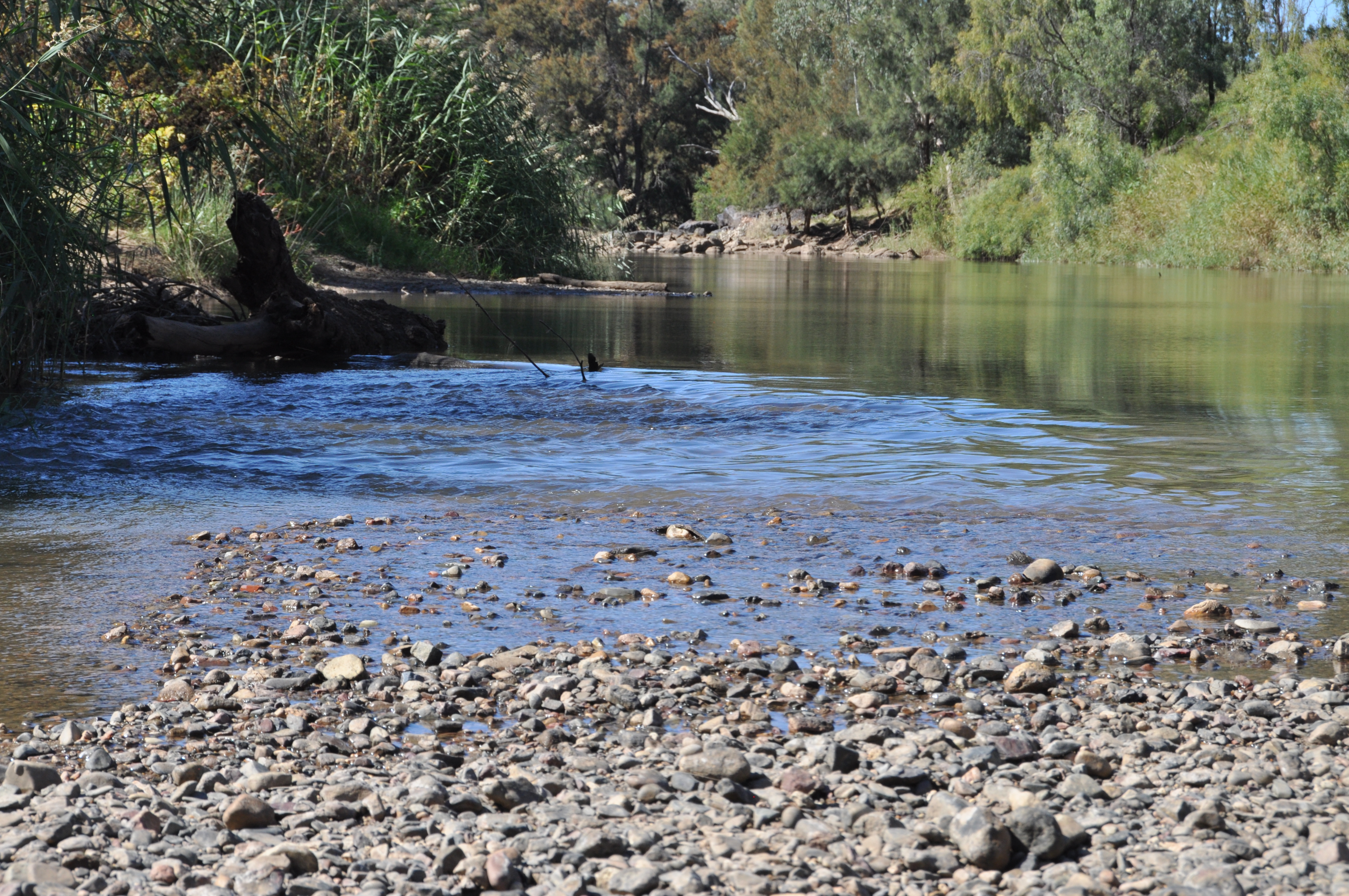Environmental Flows update
Mallowa: Target in the east have been inundated, some western areas yet to be inundated. Deliveries expected to finish mid-April
2026.
Lower Gwydir: The 3 month delivery of E-water to Lower Gwydir ceased on 26 December 2025. A total of 7,550ML entered the watercourse at Millewa, including
3,200ML of managed E-water.
Gingham: Deliveries commenced early December 2025. Target flow rate is 100 ML/d connect through to Boyanga Waterhole. Delivery target
may continue past February.
Whittakers Lagoon: Orders have been placed to fill Whittakers Lagoon to fill the lagoon before the end of January 2026.
Mehi River flows: Delivery for fish to the lower Mehi commenced 13 December 2025. This flow will continue through Summer and into
Autumn.
Barwon River: In addition to the Mehi River flow releases from the Border Rivers and Gwydir valleys commenced over Christmas New Year. This event was designed to support base flows in the Barwon River between Mungindi and Walgett. Releases from Glenlyon and Copeton
Dams are expected to cease early February 2026.






























